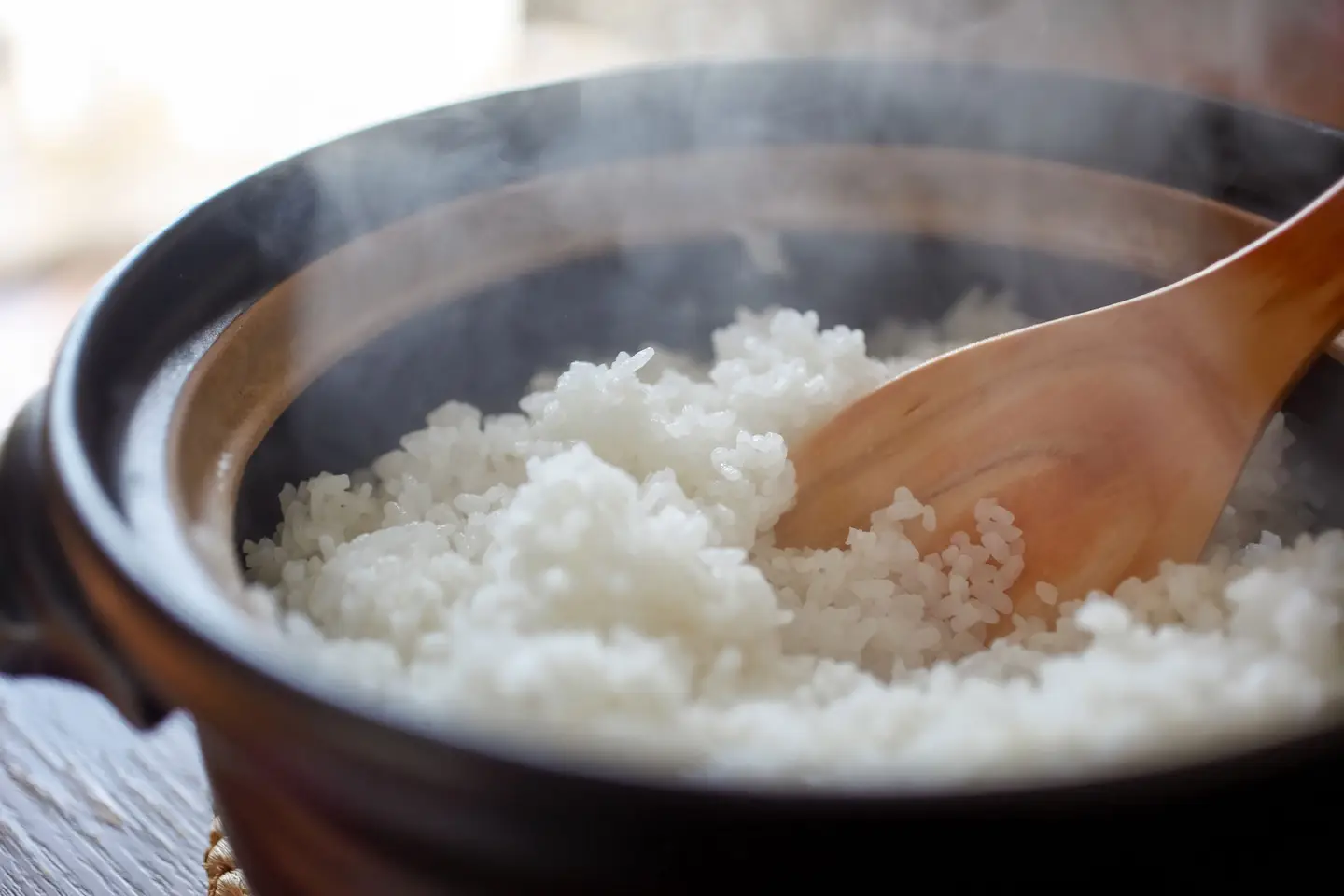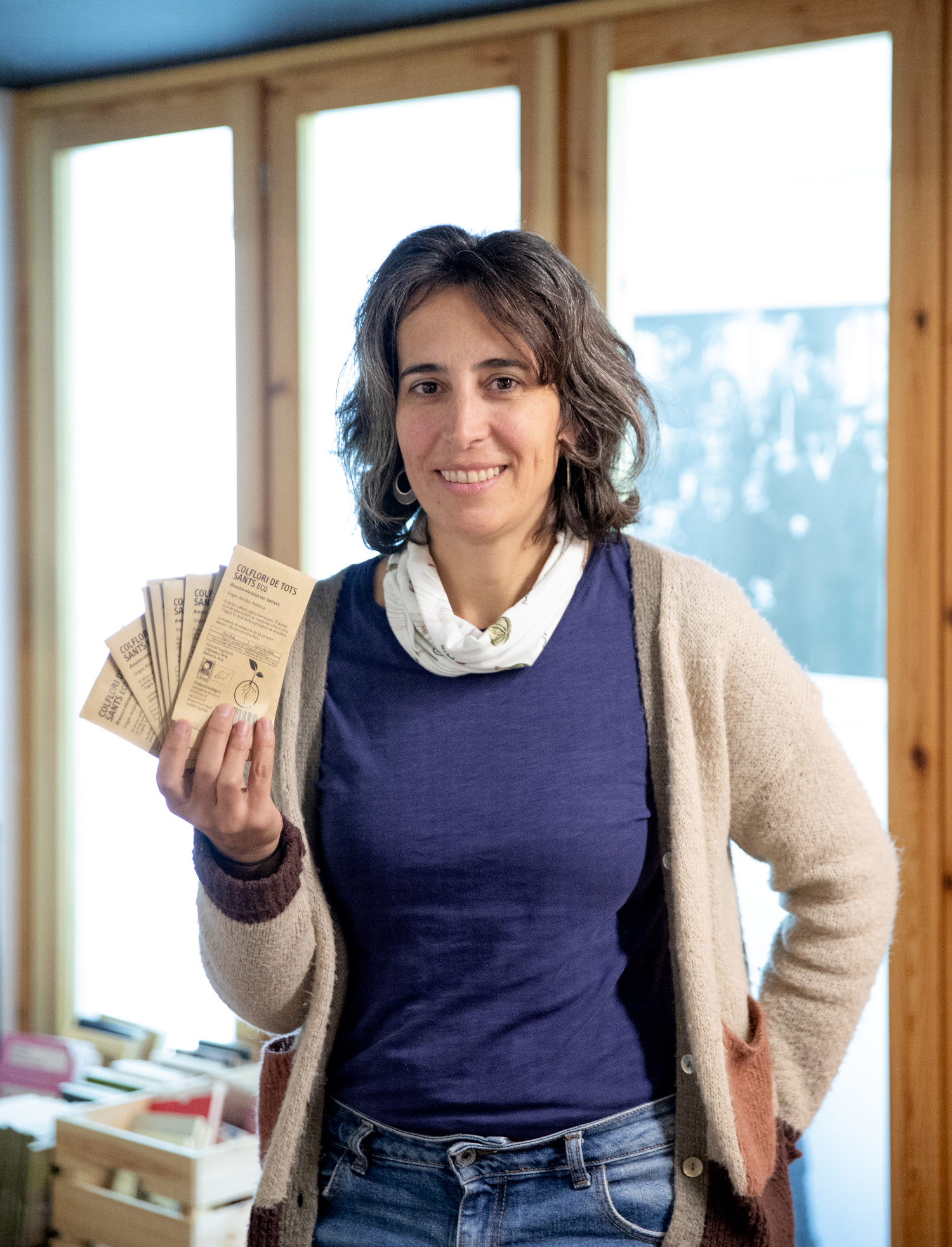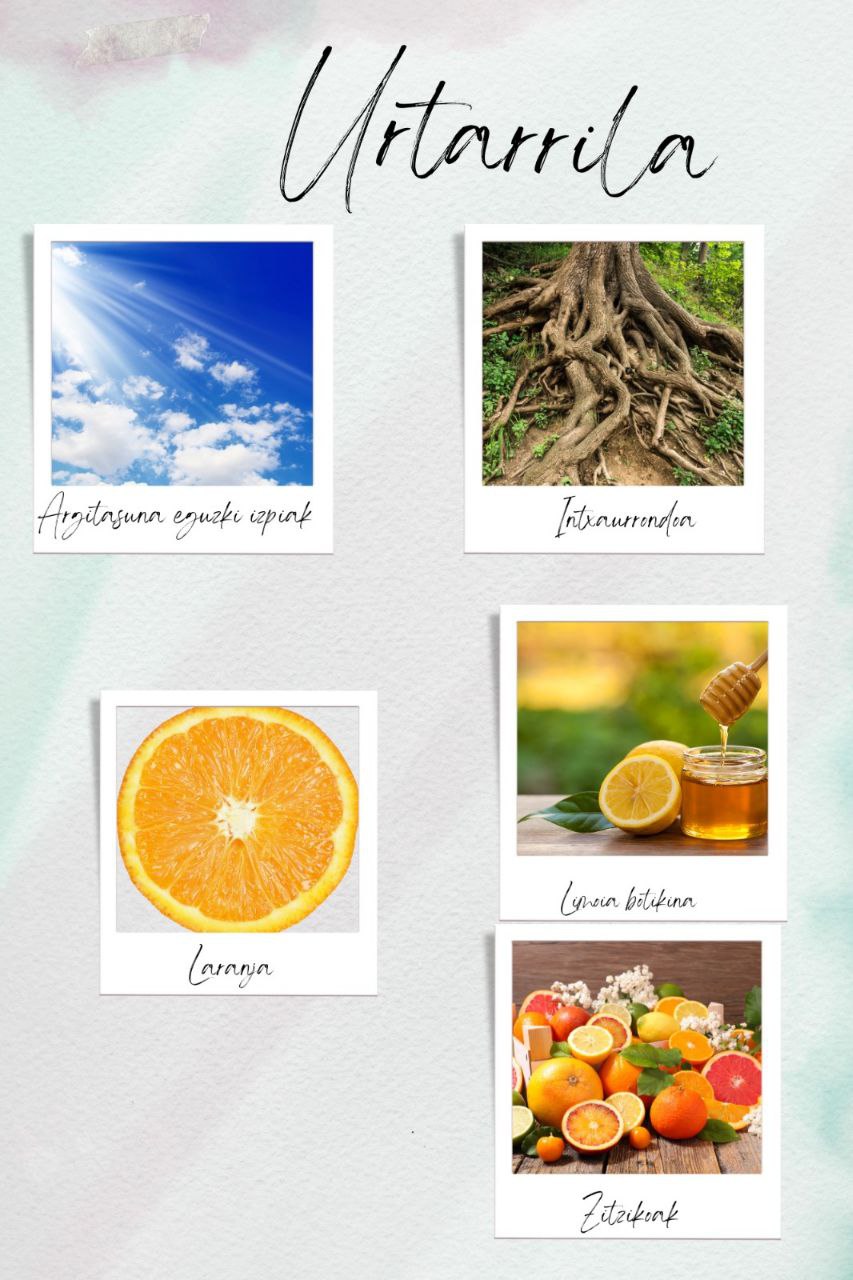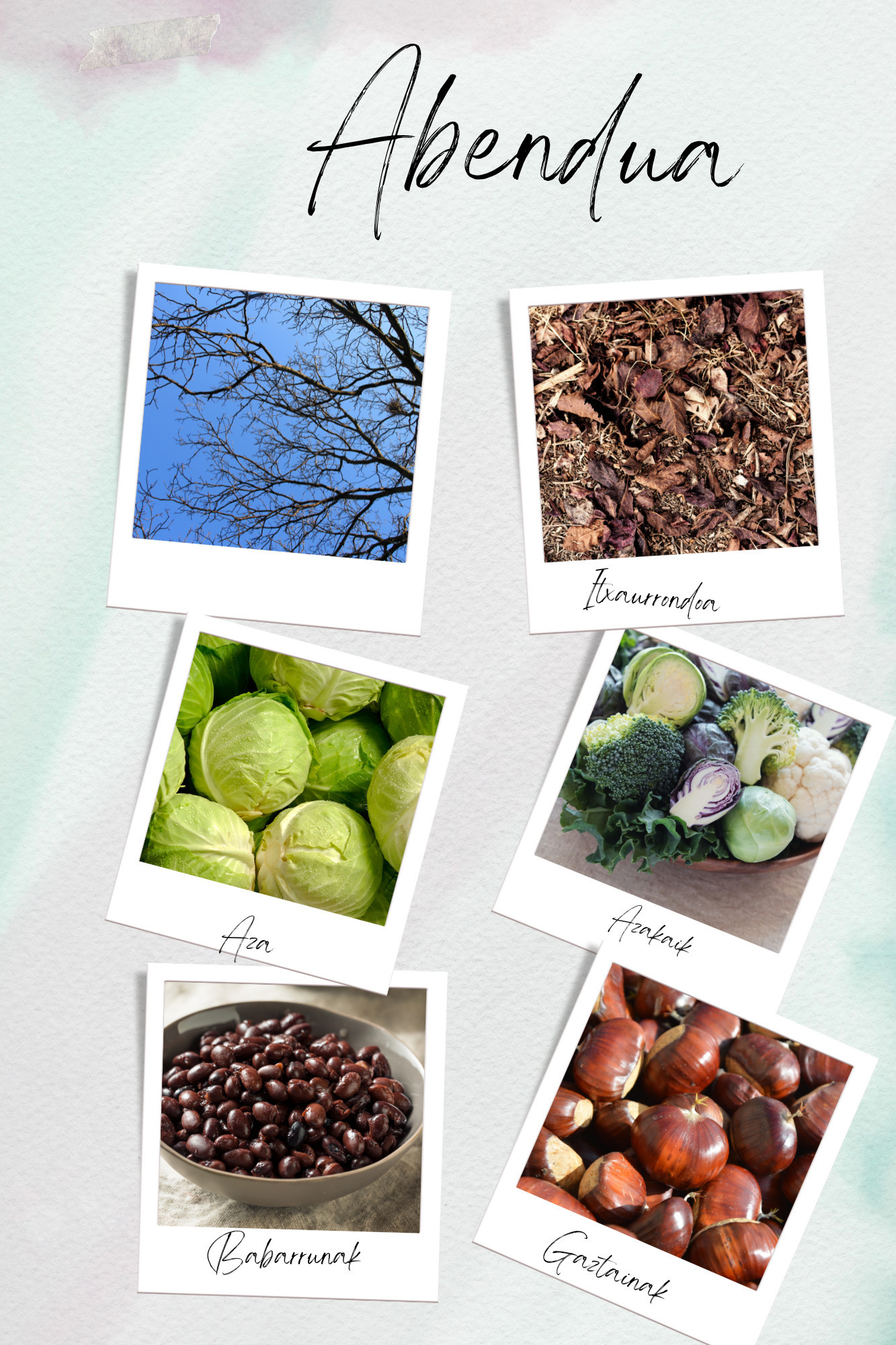"The vegetarian diet benefits humans and other animals, also the planet."
- Journalist Edurne Elizondo and member of anti-specialist group Nor talked to nutritionist Lucia Martínez about some of the keys surrounding vegetarian diets in recent years.

“Being vegan doesn’t mean being stupid.” That's the key to stories from news stories that are trying to question animal-free diets in the environment. This is what the dietitian and nutritionist Lucía Martínez has highlighted in her speech at the head of the study. He runs the blog dimequecomes.com and is also the author of several books and articles (Vegetarians with Science and Vegetarian Shaped, among others). We interviewed him and, to begin with, he said that veganism makes it better than anything else to be a healthy entrepreneur. Ask them not to forget to take vitamin B12.
"No problem being vegetarian?"
There is no problem. We can be vegetarian, and that's not an opinion. Eleven organizations have positioned themselves in favour of vegetarian diets. These diets are supported by research carried out by dozens of organizations. It is important to make it clear that they should take vitamin B12 who are vegetarians or eat eggs and dairy products. People with special needs or a particular disease should be advised otherwise, but in general, vitamin B12 intake is sufficient.
- Are vegetarian diets healthy?
They can be. They can be healthy or harmful to our health. If we take no more than potatoes and Coca Cola, our diet will be bad. But that's what happens in any diet. Also in traditional diets. That's why we have the second type of diabetes and cardiovascular diseases that we have today, among others. We must make it clear that the vegetarian or vegan label does not have to say that it is a healthy thing; our diet will be healthy depending on the planning we make and the choices we make.
- Are the diets to be enhanced vegetarian?
I am clear that it will always be better to wager on a way of feeding that does not hurt anyone, neither you nor anyone. The vegetarian diet benefits humans and other animals, favors the planet and helps to take steps towards a more ethical world and greater social justice. I think no one can say that it is not good to get all of that.
-A vegetarian or a vegan is not necessarily good, not bad, right? But it's that idea that many propagate.
Yes, we have those two extremes. On the one hand, vegans who propagate the idea of an immortal vegan; and on the other, those who hate vegans, who propagate the idea of a vegan who must move without force and traces. The problem arises when these kinds of ideas are driven by a health professional. The professional who joins this idea of a weak and sick vegan demonstrates, on the one hand, that its formation is null and that the one who says does not share, much less, what we know today. If such a professional is found, it would be best to look for another.
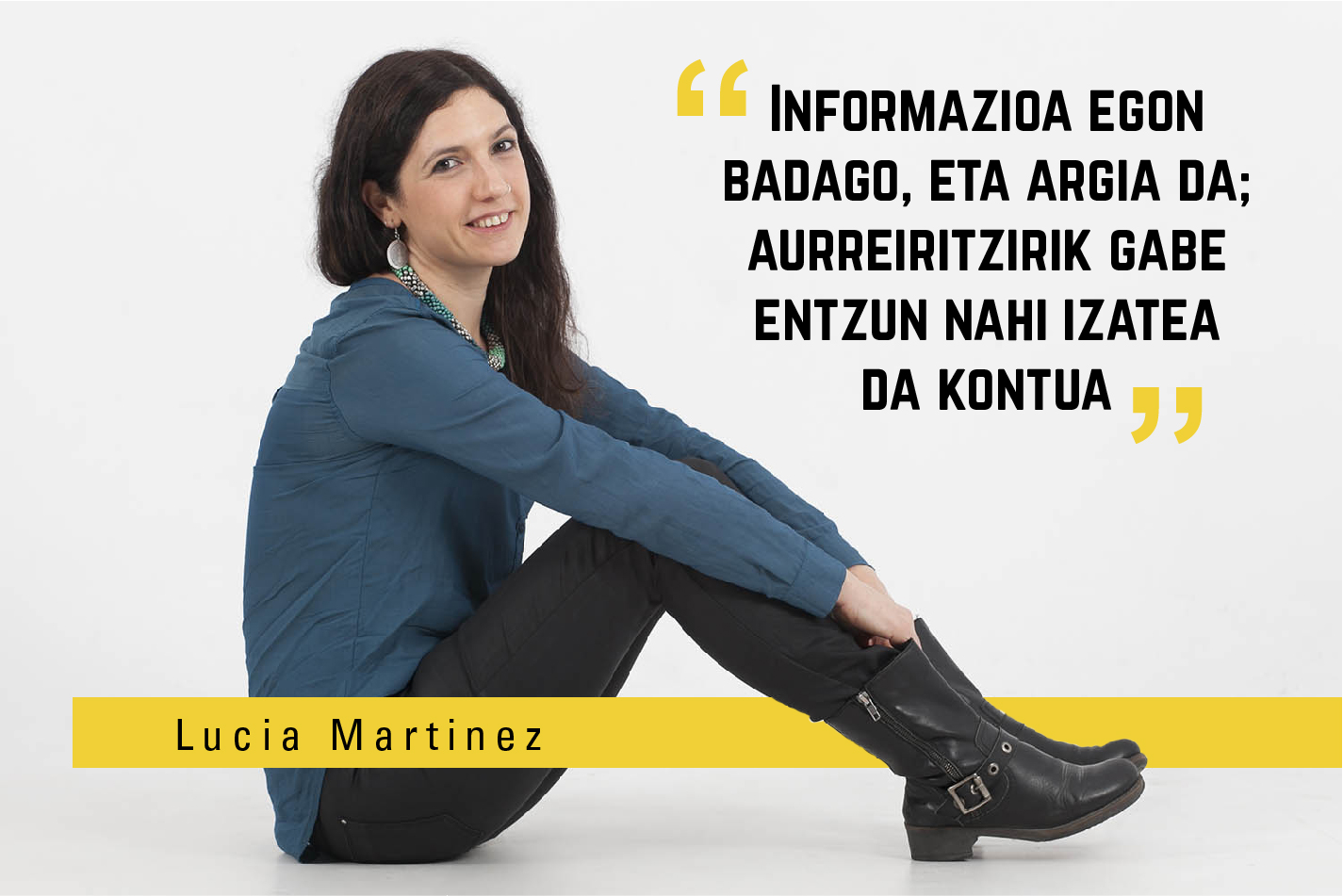
"What do we know today about what we didn't know?"
We must bear in mind that we are talking about people who live in the so-called first world and have access to food. Today we know that vegetarians have no more anemia than those who are not; we know that they don't lack more protein. However, we know that among vegetarians there is more vitamin B12, so we advise taking it. Until recently, it was thought that vegetarians who drank eggs and dairy products did not need this vitamin, but studies conducted since 2013 have shown that yes, and that they should also take vitamin B12.
- Do humans who eat animals take vitamin B12 that has been given to these other animals?
In most cases, yes. The feed that is eaten by animals cultivated by industry contains vitamin B12. In the case of birds, add the same vitamin B12 to feed. Cobalt is given to cows. It's about these animals creating their own B12 in their digestive system, but to do so they need a substrate like cobalt. The fish caught outside the nurseries are the ones that have vitamin B12 on their own. In the farms, they eat feed and add vitamin B12 to the feed.
-You have claimed the critical consumer. Is this difficult to achieve?
It's hard to be a critical consumer, because the industry has a lot of money and power. And he uses that money and power to sell his product and the benefits of his product. The industry pays the research it wants to disseminate messages in favour of its products. One study recently revealed that a child receives 25 food related ads per day via different routes. Fighting that is difficult, because we do not have the means. I can't put an ad on TV, but Nestle House does. They do very good marketing campaigns, because they hire the best for it. They have money to do it. That is why it is very difficult to get critical consumers who are able to draw their own conclusions.
- The nutritionist doesn't have a chance to collaborate on it?
Here nutritionists are not integrated into the health system, but in other European countries. There is no nutritionist in primary care and little in hospitals. So the citizen who wants to go to the nutritionist has to pay for it. Studies have also come a short way; they have been created less than 20 years ago. In South America, for example, the figure of the nutritionist has come a much longer path and has the respect of other health professionals. This is not the case here. There the training is better and they work much more in hospitals. They're integrated into the health system.
- Without the advice of professionals, is it easier to spread myths about vegetarian diets?
In the case of children, it is where the discussion is most aroused. If children are vegetarians, parents say they impose their diet. Do the rest make a referendum to decide what to give to children? It's clear that a child is imposed by his or her parents, because he or she doesn't have the ability to decide for himself or herself. Are there vegan parents who feed their children badly? Yes, there are. And there are also fathers and mothers who are not vegan and who feed their sons and daughters badly, in favor of the traditional diet. The point is that in this second case no one has raised any discussion.
- Why do the news about vegans seek to question the movement?
The treatment of this news is not appropriate. And we have to make it clear that in these cases the child doesn't get sick because he's vegan, but because his parents are stupid. But this also happens in the case of parents who have a traditional diet. These don't come out in the media; if they came out, we'd be talking about them all day. It is common for parents who have a traditional diet and feed their children badly. That's why it's not news.
- What would you say to clear up the doubts?
I think the only thing that is needed to clear up doubts is that you want to listen without prejudice. If we refer to health professionals, it is enough for the person to want to be trained to avoid doubts. In the case of citizenship, I believe that the main problem is the prejudice that burdens our decisions. There's information, and it's clear, it's about wanting to listen. No prejudice.
Do you think things have started to change?
I think so. There is still a lot of bad news about veganism, but now the issue is in the mainstream media and, in many cases, treated in the right way. I believe that it is also important to change things in the health system, among health professionals, and I believe that we are also taking steps in this area. The training of these professionals is essential to adequately attend to vegetarians.
This interview was posted by anti-specist group Nor and we brought it with the Creative Commons license.









